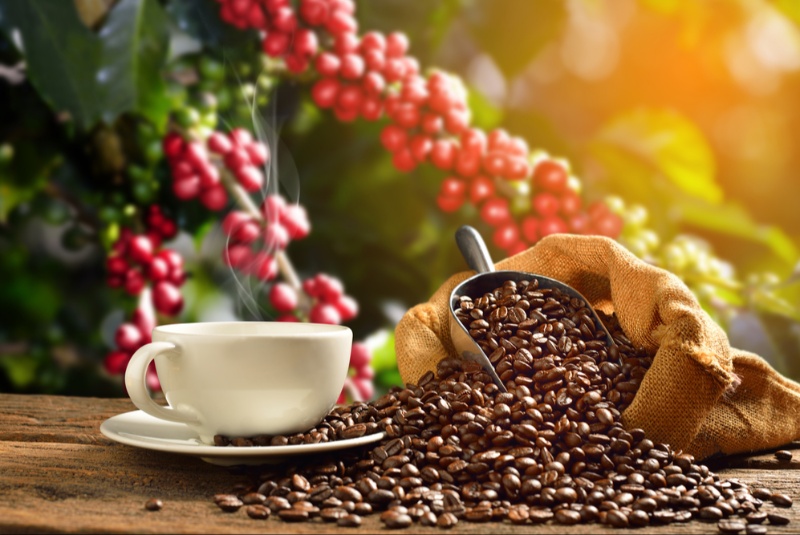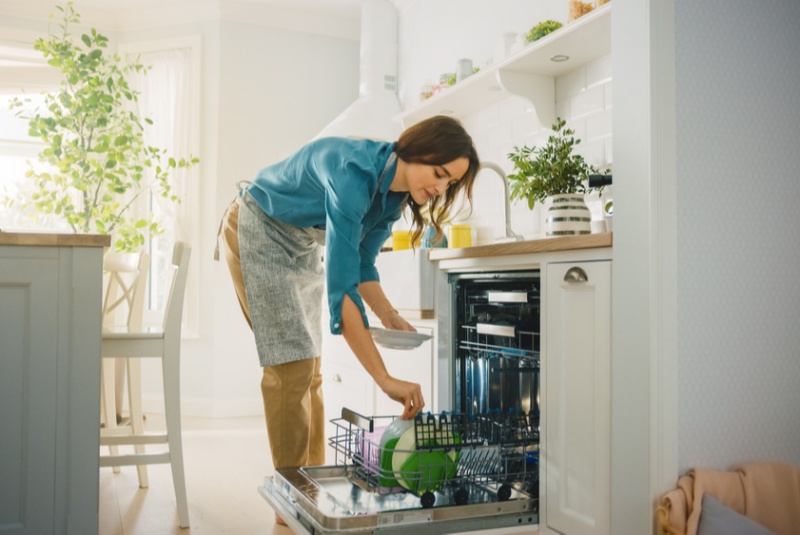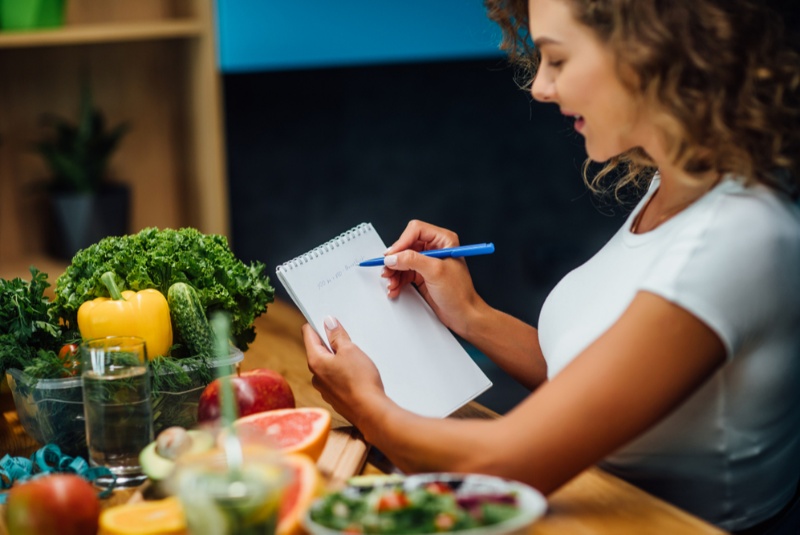The world of specialty coffee offers a rich tapestry of flavors and experiences, with each bean and brewing method bringing its unique characteristics to your cup. This guide aims to demystify the process of selecting the finest specialty coffee beans and the ideal equipment to brew them, ensuring every sip is a testament to your coffee-making prowess.
Understanding Specialty Coffee Beans
Specialty coffee beans are the pinnacle of coffee quality, distinguished by their exceptional flavor profiles and rigorous standards from cultivation through to cupping. The journey to selecting the best specialty coffee beans begins with understanding their origins, varieties, and processing methods. Coffee beans from different regions offer distinct flavor notes, from the floral and citrusy notes of African beans to the nutty and chocolatey profiles of South American varieties. The processing method—whether washed, natural, or honey—also influences the final taste, adding layers of complexity to the coffee’s flavor.
Exploring Roast Profiles
The roast level of coffee beans significantly affects their flavor and aroma. Light roasts retain more of the bean’s original character and tend to have higher acidity, while medium roasts offer a balanced flavor and are often preferred for their versatility. Dark roasts, on the other hand, boast a bolder, richer taste with less acidity. When selecting specialty coffee beans, consider your taste preferences and the brewing method you plan to use, as some roasts may pair better with certain equipment.
Choosing the Right Brewing Equipment
The equipment you choose to brew your coffee can dramatically alter the taste and quality of your brew. From manual methods like French press and pour-over to more automated options like espresso machines and drip coffee makers, each method has its merits and ideal use cases.
- Pour-over devices, such as the V60 or Chemex, offer control over brewing variables like temperature and pouring speed, ideal for highlighting the nuanced flavors of single-origin beans.
- French presses produce a full-bodied cup with more oils and a richer texture, suited for darker roasts.
- Espresso machines are perfect for those who appreciate the intensity and complexity of espresso shots, with options ranging from manual lever machines to fully automatic models.
- Drip coffee makers are convenient for everyday use, with some models offering customizable settings to tweak the brewing process.
Investing in a Quality Grinder
A high-quality coffee grinder is essential for extracting the best flavor from your specialty beans. The choice between a blade grinder and a burr grinder is crucial, with burr grinders providing a more consistent grind size—a key factor in achieving optimal extraction. Consider your brewing method and preference for manual or electric grinders when making your selection. A precise, adjustable grinder will allow you to fine-tune your grind size for each brewing method, ensuring the perfect cup every time.

Nurturing a Sustainable Coffee Practice
Embracing sustainability in your coffee routine is not only beneficial for the environment but also enhances the quality of your coffee experience. Opting for specialty coffee beans from farms that practice ethical sourcing and environmental stewardship ensures you’re supporting sustainable agriculture. Additionally, consider using eco-friendly brewing equipment and accessories, such as reusable filters and cups. Reducing waste by composting coffee grounds and seeking out recyclable packaging can further minimize your environmental footprint. By making conscious choices, you can enjoy your daily coffee ritual knowing you’re contributing positively to the planet and the communities that grow our cherished beans.
Exploring the World of Coffee Through Tastings
Coffee tastings, or cuppings, offer a fantastic opportunity to deepen your appreciation for specialty coffee. These sessions allow you to explore a variety of beans, roasts, and brewing methods side by side, helping you discern the subtle differences in flavor, aroma, and body. Participating in or hosting coffee tastings can also expand your knowledge of coffee regions, processing methods, and the impact of different variables on the final cup. Engaging with the coffee community through tastings encourages sharing experiences, tips, and preferences, fostering a deeper connection with coffee culture and its enthusiasts.
Water Quality and Brewing Parameters
The quality of water used in brewing can significantly impact the taste of your coffee. Aim for filtered or bottled water with a neutral pH to avoid any unwanted flavors. Additionally, mastering the brewing parameters—such as water temperature, brew time, and coffee-to-water ratio—is vital in making a great cup of coffee. Each brewing method has its optimal parameters, and experimenting with these can help you customize your coffee to your liking.
Continuous Learning and Experimentation
The pursuit of the perfect cup of coffee is a continuous journey of learning and experimentation. Engaging with the coffee community through workshops, tastings, and online forums can provide valuable insights and inspiration. Keeping a coffee journal to note down different bean varieties, roast levels, and brewing parameters can also help you refine your preferences and techniques over time.
Selecting the best specialty coffee beans and the right brewing equipment is a personal journey that blends science, art, and a bit of experimentation. By understanding the nuances of coffee beans, exploring different roast profiles, choosing suitable brewing equipment, and paying attention to the finer details of the brewing process, you can elevate your coffee experience to new heights. Remember, the best coffee is not just about the quality of beans or the sophistication of the equipment, but about how much you enjoy the process and the final cup. Embrace the journey, and let your passion for coffee guide you to the perfect brew.




